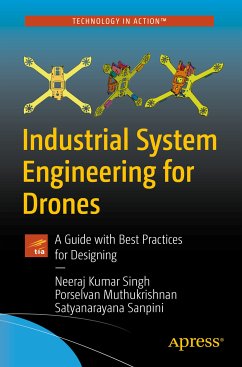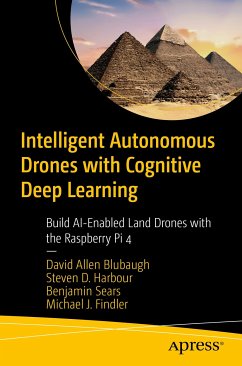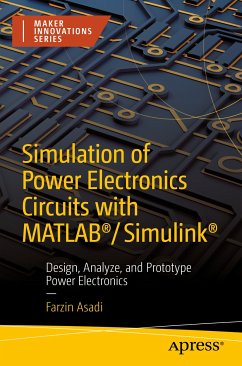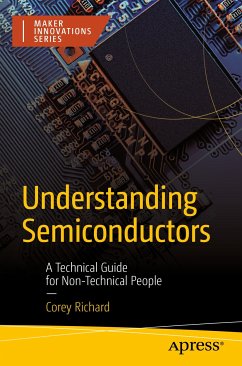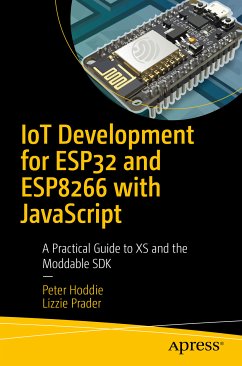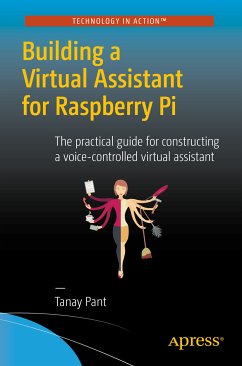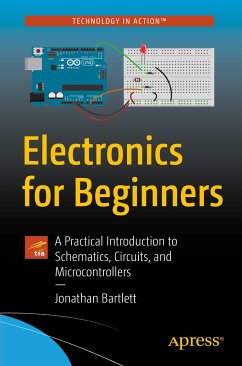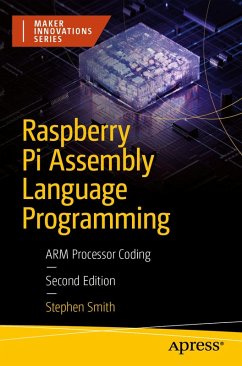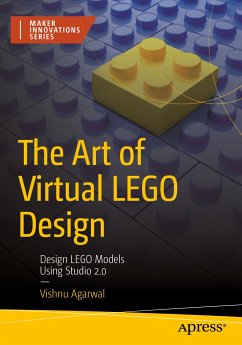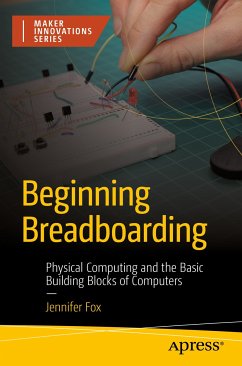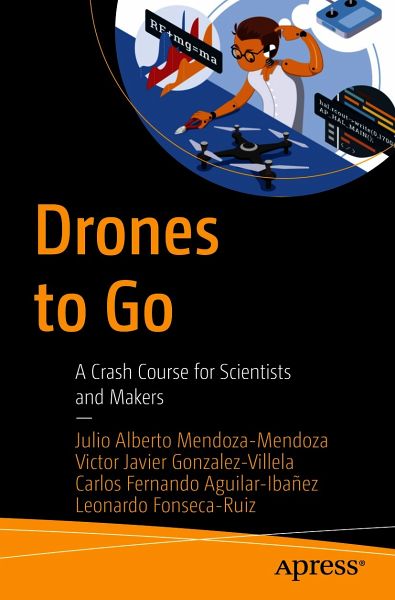
Drones to Go (eBook, PDF)
A Crash Course for Scientists and Makers
Versandkostenfrei!
Sofort per Download lieferbar
47,95 €
inkl. MwSt.
Weitere Ausgaben:

PAYBACK Punkte
24 °P sammeln!
Learn the five key skills needed to become a quadcopter developer: design, modeling, control, simulation, and implementation. This book provides a crash course on drone development for beginners and can also serve as a comprehensive reference for those who want a detailed guide for future projects. You'll review key features often missed in other books: a deeper review of controls, step by step modeling, and methods for simulating and designing drones. Although the quadcopter is used as the main example throughout the book, you'll also see how to apply the development knowledge to other aircr...
Learn the five key skills needed to become a quadcopter developer: design, modeling, control, simulation, and implementation. This book provides a crash course on drone development for beginners and can also serve as a comprehensive reference for those who want a detailed guide for future projects.
You'll review key features often missed in other books: a deeper review of controls, step by step modeling, and methods for simulating and designing drones. Although the quadcopter is used as the main example throughout the book, you'll also see how to apply the development knowledge to other aircrafts or aerial systems.
Highly visual and easy to understand, this book features Simulink and Matlab tools, but the skills covered can be used in other environments such as Scilab or other programming languages. Drones To Go merges maker knowledge and technical information with scientific knowledge and design essentials.
What You'll Learn
- Review the main families of control: geometric, linear, and common dynamic feedback control
- Understand the mathematics of a quadcopter
- Follow step-by-step instructions on modeling and control equations
- Focus on pedagogical development to answer any doubts in the design process
Who This Book Is For
Makers to scientists
Dieser Download kann aus rechtlichen Gründen nur mit Rechnungsadresse in A, B, BG, CY, CZ, D, DK, EW, E, FIN, F, GR, HR, H, IRL, I, LT, L, LR, M, NL, PL, P, R, S, SLO, SK ausgeliefert werden.



